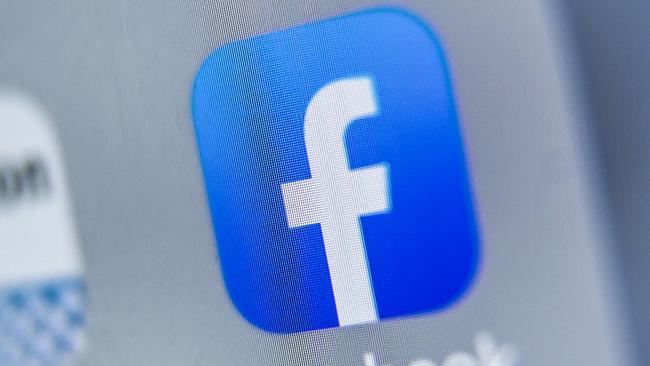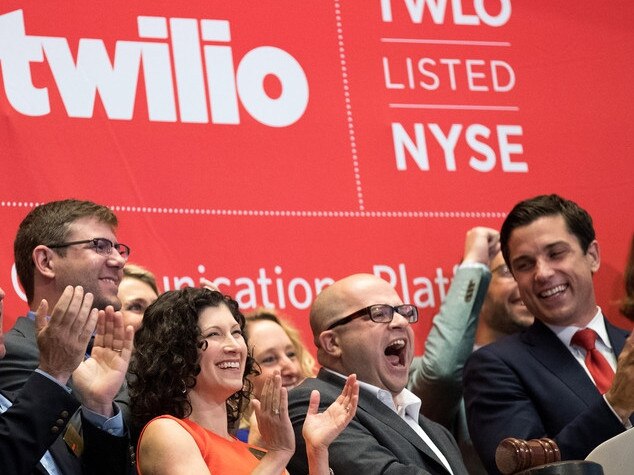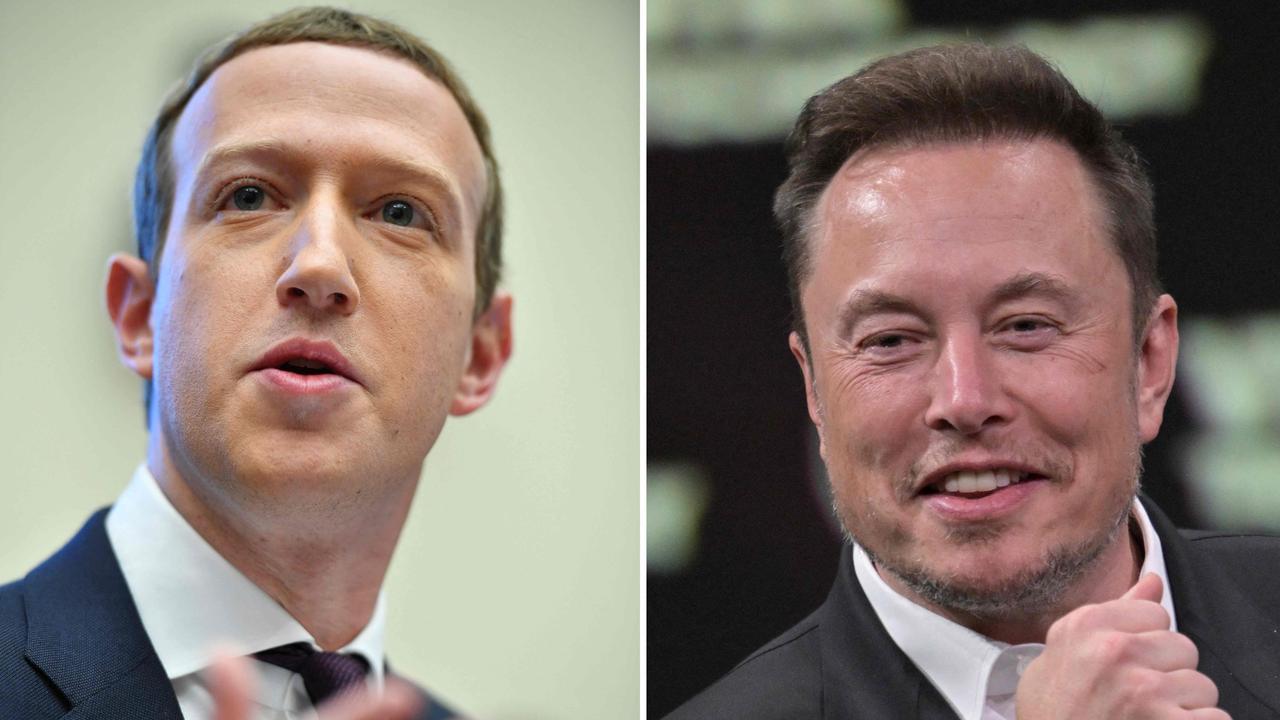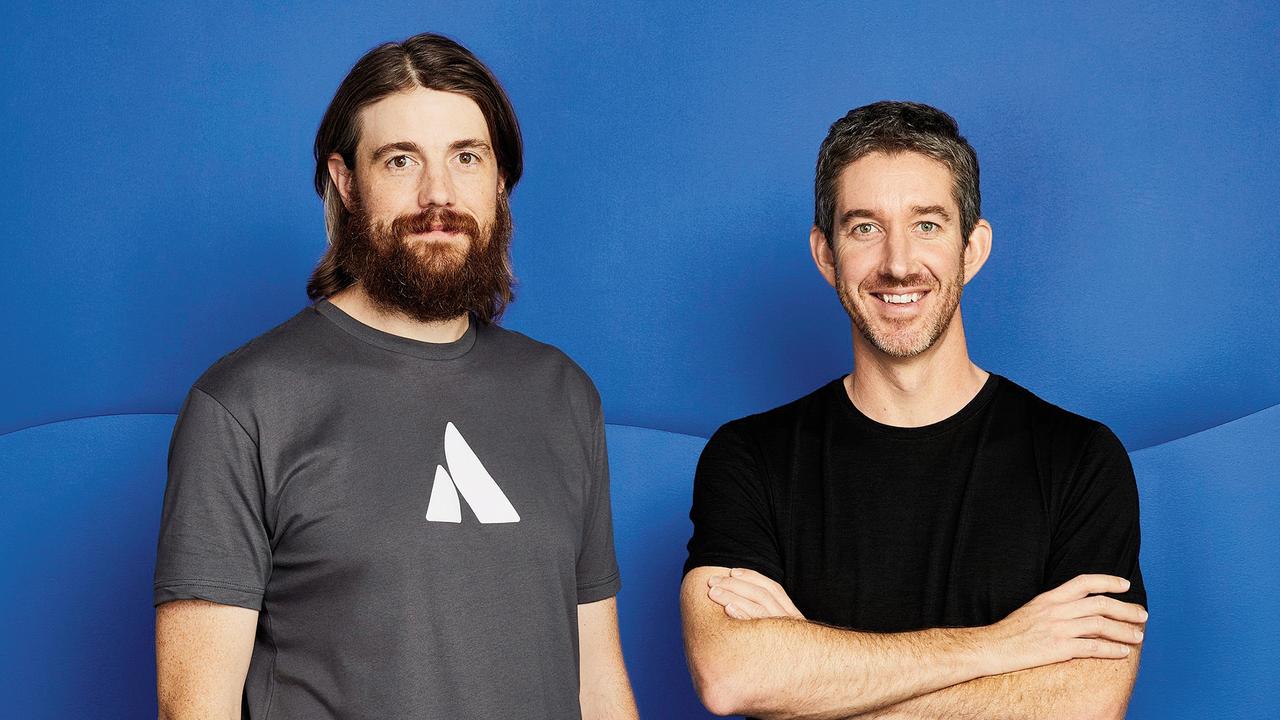Spotless hit by cyber attack
The cleaning and health company says it has notified the Australian Cyber Security Centre.

Hello and welcome to The Download, The Australian’s technology blog for the latest tech news.
David Swan 3.15pm: Spotless hit by cyber attack
Cleaning services outfit Spotless has been hit by a cyber attack, with the company forced to shut down much of its IT services.
A spokesman for Downer Group, which completed a hostile takeover Spotless last week, confirmed the incident in a statement to The Australian.
Spotless’ website remains online. The company has been assisting the Victorian government with its COVID-19 hotel quarantine program.
“We confirm we are investigating suspicious activity involving unauthorised access to a number of Spotless servers,” the spokesman said.
“We have engaged experts and believe it is linked to ransomware.
“We have restricted access to a number of Spotless servers and have notified the Australian Cyber Security Centre and NZ National Cyber Security Centre.
The spokesman said the company had “enacted business continuity plans that allow us to continue the delivery of our services.”
“At this stage, we have no evidence that any data has been impacted.”
Spotless joins a list of high-profile Australian companies to be hit by cyber attacks this year, with Toll and Lion Group the highest profile examples.
In 2017 Australia passed mandatory breach disclosure laws, forcing companies to report any malicious breaches of user data to the Australian Information Commissioner.
David Swan 1pm: Cheq becomes Beforepay
Sydney-based fintech company Cheq has rebranded, becoming Beforepay.
Perhaps taking a cheeky leaf from a large buy now, pay later provider, Beforepay co-founder and CEO Tarek Ayoub said his app has had more than 70,000 downloads and 20,000 users in one year.
“As we continue to grow, we want to ensure people are aware of the service we offer, and to help us do this, we've decided to change our company and brand name from Cheq to Beforepay,” he said in an announcement.
“We’re really excited for this change and for our Beforepay community to grow.”
Beforepay is billed as a “Pay on Demand” app to give workers early access to their wages, as an alternative to payday loans.
10am: Twilio to acquire customer data firm for $US3.2bn
Twilio agreed to acquire a software provider that focuses on helping businesses track and manage customer data, a $US3.2 billion ($4.4bn) deal that comes as companies rethink how they reach consumers who are spending more time at home during the Covid-19 pandemic.
Twilio struck an all-stock deal for Segment, which offers products that allow companies to glean data about shoppers from websites, mobile apps and email, as well as when they communicate with customer support, and from various software programs.
“What Segment allows companies to do is take all the data that’s in these disparate systems and assemble them together into one view of the customer. Once you have that one view, then you can use it to power more effective communications,” Twilio Chief Executive Jeff Lawson said in an interview.
Like many other software companies that sell to other businesses, San Francisco-based Twilio isn’t widely known among consumers, but millions of people interact with its software when they tap popular services.

Twilio’s product suite is aimed at software developers, who use its tools to create various services for companies, like sending out alerts for flight delays or enabling secure communications between people who have met through a dating website. It also has offerings, like messaging and video capabilities, aimed at improving companies’ customer-support centers.
Uber uses its text-messaging service to give customers information about drivers, such as how far away they are, a Twilio spokeswoman said. Facebook Inc.’s WhatsApp generates a significant source of its revenue, Twilio said in its latest annual report.
Shares of the company have more than tripled since the start of the year, rising an additional 7.2 per cent early Monday afternoon to $US328.24. The increase reflects investor expectations that demand for its products will grow, as companies look to better communicate with customers who are spending more time at home and ordering more items digitally, according to Rishi Jaluria, an analyst at D.A. Davidson.
“With the pandemic, they’ve gotten some nice tailwinds,” he said.
David Swan 9.30am: Facebook bans holocaust denial posts
Facebook is banning posts that deny or distort the Holocaust and will start directing people to authoritative sources if they search for information about the Nazi genocide.
Facebook CEO Mark Zuckerberg announced the new policy Monday, the latest attempt by the company to take action against conspiracy theories and misinformation ahead of the U.S. presidential election three weeks away.
The decision comes amid a push by Holocaust survivors around the world who lent their voices to a campaign targeting Zuckerberg beginning this summer, urging him to take action to remove Holocaust denial posts from the social media site.
Co-ordinated by the Conference on Jewish Material Claims Against Germany, the #NoDenyingIt campaign used Facebook itself to make the survivors’ entreaties to Zuckerberg heard, posting one video per day urging him to remove Holocaust-denying groups, pages and posts as hate speech.
The testimonials coincided with an advertising boycott by companies pushing Facebook into taking a stronger stand against various forms of hate speech and extremism around the world.
Facebook said Monday that the new policy “is supported by the well-documented rise in anti-Semitism globally and the alarming level of ignorance about the Holocaust, especially among young people.” Surveys have shown some younger Americans believe the Holocaust was a myth or has been exaggerated.
Associated Press


